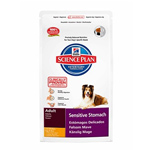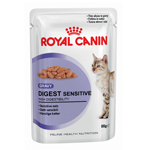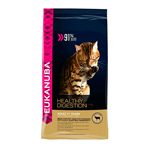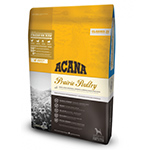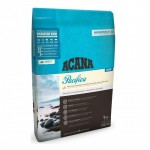Tails
Making pet parenting easy
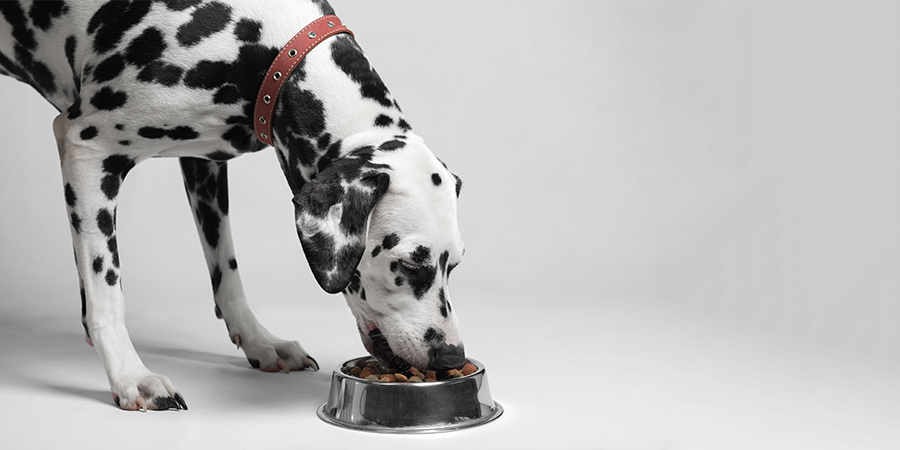
Sensitive Tummies | Signs & What You Can Do
This entry was posted on 2017-04-04.
While some pets can consume anything they desire without experiencing any uncomfortable after-effects, others are prone to sensitive tummies and need to 'watch what they eat'. The question is; how do you know whether your pet is silently suffering from a sensitive tummy and what can you do about it?
Does your pet have the following symptoms?
#1 Loose stools (Diarrhea)
#2 Occasional vomiting
#3 Excessive flatulence
If your pet is showing any of the above symptoms, it may be a compelling sign that your furbaby is suffering with a sensitive tummy and it's time to take action!
What to do?
#1 Watch what they eat
Be vigilant and keep an eye on what your pet is eating. Avoid giving them table scraps and keep an eye on what 'treasures' they are snacking on in the garden.
#2 Simplify their diet
There are many pet foods that have been specially formulated for digestive problems and sensitivity, like Vets Choice Sensitive, Royal Canin Digestive, or Hill's Sensitive Stomach for dogs and Royal Canin Wet Digest or Eukunaba Healthy Digest for cats. These special foods work wonders in aiding easy digestion. Feed your pet high quality, easily digestible food that contains both soluble and insoluble fibres.
#3 Look out for allergies
Some pets are allergic to certain grains like wheat, and others may be allergic to certain protein sources. For those sensitive to grains and processed foods, try Acana Prairie Poultry for dogs or Acana Pacifica for cats. These foods are grain-free and made from natural, raw ingredients.
#4 Stop the greedy eaters
Put methods in place to ensure that your furkid is eating slow enough. Pet's that gobble up their food take in air while eating and are more prone to suffering from digestive problems. Slow feeders are very useful for slowing down your greedy guts.
#5 Ensure your pet is hydrated
Make sure that your pet always has access to water to keep them hydrated
If you have tried one or all of the above, but your furkid continues to vomit, have diarrhea and excessive flatulence, consult your local vet as this could be a sign of more serious issues such as inflammatory bowel disease.




